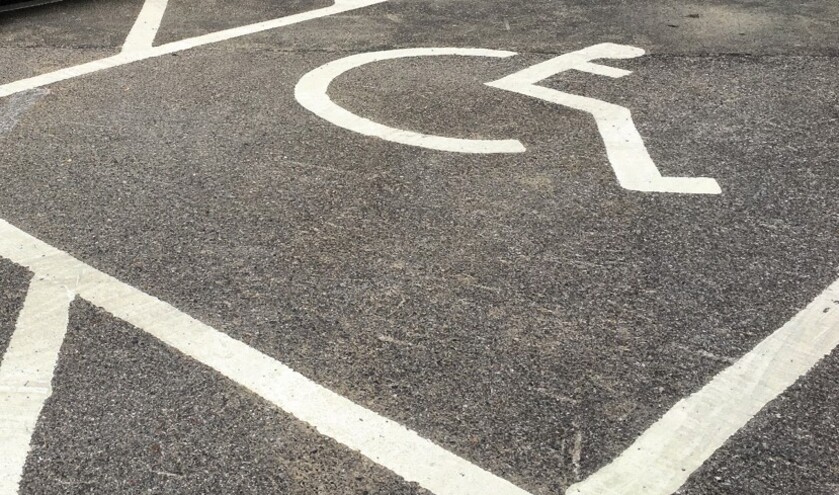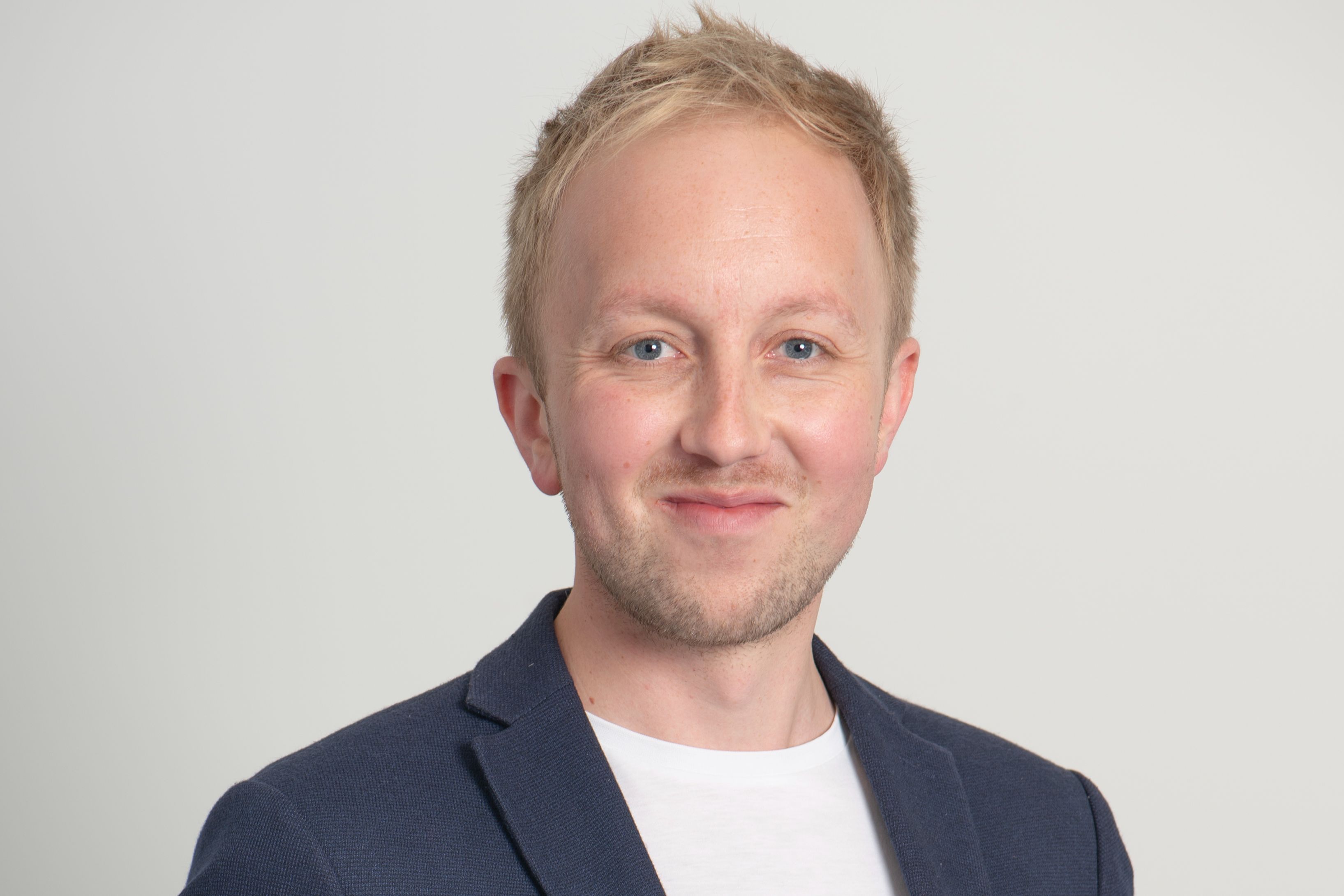Interim results from a BMA survey, of more than 800 disabled and neurodivergent doctors and medical students, shows that a lack of support has driven 53% of respondents to either leave the profession in the past two years, or seriously consider doing so.
Over a third of respondents (34%) reported experiencing bullying or harassment linked to their disability, neurodivergence, or long-term health condition, while 78% said they had felt worried about being treated unfairly or viewed negatively because of it.
In addition, the results show 63% of respondents reporting that a lack of support had represented a direct barrier to their study and career progression.
The survey also reveals:
- 43% of respondents said they had had to use their money to pay for reasonable adjustments they needed at their place of work/study
- 50% of respondents said they had had to use annual leave to attend appointments related to being disabled/neurodivergent/having a long-term health condition
- 42% of respondents said they had been subject to performance management processes due to disability/neurodivergence -related sickness absences
- 42% of respondents didn't think their place of work/study had a culture which was disability and neurodiversity inclusive.
Dr Amit Kochhar, chair of the BMA's representative body, said: ‘Worryingly, the survey found that just 34% of respondents who disclosed their disability to their place of work or study experienced improved support.
'Disabled doctors and medical students are present at every level of the profession, contributing as valued and vital members of the medical workforce. Providing appropriate support is not only the right thing to do - it's essential. Yet half of respondents reported having to use their annual leave to attend medical appointments, a clear sign that support isn't where it should be. When that support is lacking, we risk losing talented doctors from the profession altogether. This loss is detrimental to individuals, patients, and the NHS, compounding workforce retention challenges and increasing pressure on those who remain.
‘A lack of disability and neurodiversity awareness, coupled with discrimination and stigma, can significantly impact disabled doctors' lives and careers. We also continue to see disparities, such as the later diagnosis of autism in women, and significant variation in access to services for international colleagues. Those who have already overcome personal hurdles should not face additional barriers, such as rigid exam policies or being unfairly penalised throughout their careers.'
The BMA is currently working with stakeholders to address the issues highlighted in the survey, particularly those that affect doctors and medical students daily such as the finding that 73% of respondents had not received all the reasonable adjustments they require.
The association is also encouraging medical schools and employers to begin having open discussions with disabled and neurodivergent doctors and students around these findings.
The full report, including recommendations, will be published later this autumn.



